Speeding Car Accident Lawyers in Arkansas
If you are involved in an accident caused by a speeding driver in Arkansas, it can be difficult to get the compensation you need to recover from your injuries and other damages. Insurance companies will often try to blame the victim for their own injuries, even if they are not at fault.
Car accidents are one of the leading causes of injury and death in the United States and Arkansas. Unfortunately, excessive speeding can be a significant factor in many of these accidents. Studies have found that speeding is involved in about 30% of all fatal crashes. Sadly, many accidents would not occur if drivers followed the speed limit.
If you were speeding at the time of an accident, it may complicate your ability to collect the compensation you deserve. Insurance companies will look to pin more blame on you if you were speeding, even if you did not cause the accident. That’s where an experienced Arkansas car accident attorney comes in.
A knowledgeable lawyer at Rainwater, Holt & Sexton can help you navigate the legal process after a car accident, fight for the compensation you deserve, and help you understand your rights and options to make the best decision for your future.
If you or a loved one have been injured in a car accident caused by someone else’s speeding, don’t wait to get help. Call us at (800) 434-4800 to discuss your case and learn more about your legal options.
We’re here to help.
Respect
We treat all our clients with the utmost respect.
No fee
Our No Fee Guarantee® means you pay us nothing unless we win your case.
24/7 access
You get access to our legal team anywhere, anytime.
NATIONALLY RESPECTED. LOCALLY TRUSTED.







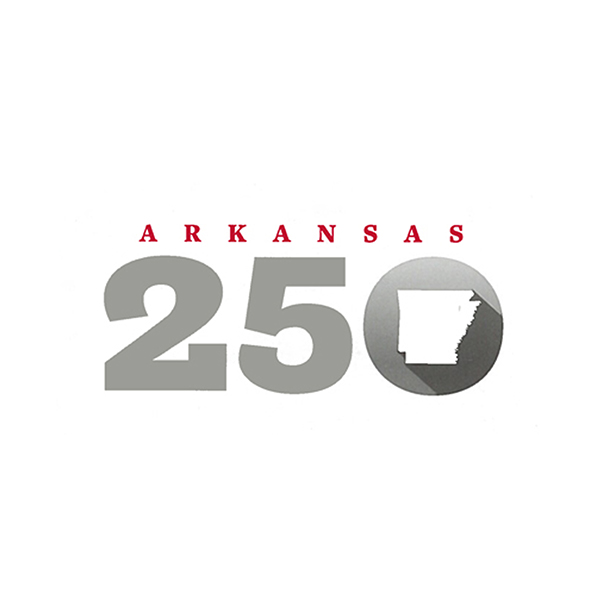
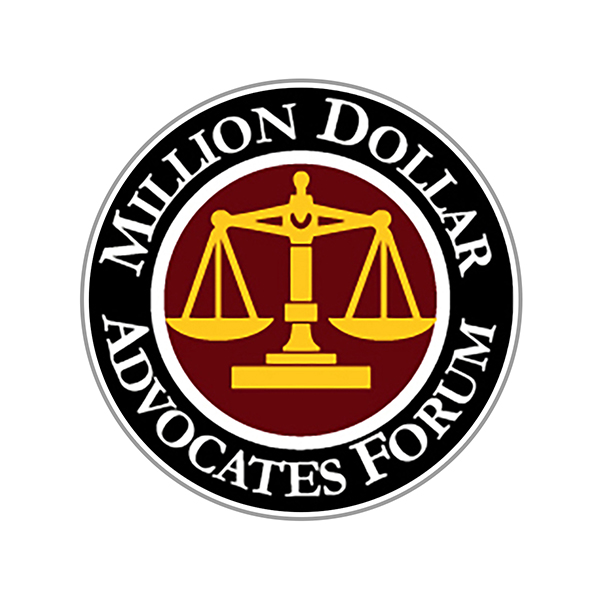



Car Accidents Caused by Excessive Speeding in Arkansas
According to the Arkansas Highway Safety Office, speeding is a major contributing factor in car accidents across the state. Speeding was a factor in nearly 30 percent of all car accidents in Arkansas in 2017. Increases from previous years reflect a national trend of increased speeding-related accidents.
There are several reasons why speeding is so dangerous.
- It increases the chance of losing control of the vehicle.
- It reduces the amount of time that a driver has to react to hazards on the road.
- It increases the severity of any collision that does occur.
While anyone can be involved in a speeding-related accident, certain people are more likely to be involved. Young drivers in Arkansas, for example, are more likely to speed than older drivers. In addition, Male drivers are more likely to speed than female drivers.
There is no single highway or road in Arkansas where most speeding accidents occur. They happen everywhere, from Fayetteville to Little Rock and every county road in between.
However, some of the biggest roads and freeways in Arkansas where you can find speeding drivers include:
- Interstate 30
- Interstate 40
- Interstate 55
- Interstate 430
- Interstate 540
In 1996, Arkansas raised the speed limit. After that increase, fatality rates on Arkansas roads increased by 9.4 percent. The number of fatal crashes peaked during 2000 in Arkansas on rural interstates where the speed limit was higher. That upward trend continued in 2015 when the trucking speed limit of 65 mph was removed.
Modified Comparative Fault in Arkansas
Arkansas follows a comparative fault standard, meaning if you share liability for the accident, you will only recover damages for the portion of the accident that was not your fault.
In other words, if the judge finds that you were 30 percent to blame for the accident, then you can collect 70 percent of the damages awarded in the case. This is known as a modified comparative fault or modified comparative negligence.
In Arkansas, the modified comparative fault rule only applies in cases where the injured person is less than 50 percent responsible for the accident. If you are found to be more than 50 percent responsible, you are not allowed to collect damages from any other involved party, even if they are found to be at fault as well.
Determining liability in a car accident can be complicated. If you have been involved in an accident, it is essential to speak with an experienced car accident attorney who can help you understand your legal options and protect your rights. Even if you were speeding at the time of the crash, you could still collect compensation in many cases. However, it is best to discuss your case with an experienced lawyer before proceeding.
Injured in an accident? Call us.
Speeding vs. Reckless Driving
There are differences between speeding and reckless driving in Arkansas. Speeding is defined as driving at speed greater than what is reasonable and prudent under the circumstances. On the other hand, reckless driving is defined as driving with a willful or wanton disregard for the safety of others.
Both offenses can lead to accidents, but reckless driving is generally considered more serious. Sometimes, an officer can give a driver a reckless driving citation for traveling more than 20 miles over the speed limit. If a reckless driver is involved in a car accident, they may be found liable for the crash and the damages their recklessness caused.
If you are involved in an accident caused by another driver’s speeding or reckless driving, you may be able to recover damages through a personal injury claim. An experienced personal injury attorney can help you understand your rights and options.
How Are Speeding Drivers Caught?
One way that speeding drivers are caught is through the use of radar guns. Law enforcement officers use radar guns to detect the speed of oncoming vehicles. If a vehicle is detected as speeding, the officer can pull the driver over and issue a ticket.
Another way that speeding drivers are caught is through the use of speed cameras. Speed cameras are typically placed in areas where speeding is problematic, such as school or construction zones. When a vehicle is detected speeding, the camera will take a photo of the license plate, and the driver will be mailed a ticket.
Lastly, speeding drivers are also caught by aircraft. In some states, law enforcement officers fly overhead in aircraft and use radar to detect speeding vehicles on the ground. If a car is caught speeding, the officer will radio down to a patrol car in the area, and the driver will be pulled over.
In Arkansas, officers often run campaigns to help catch speeding drivers. These campaigns involve additional patrols to target speeders and catch them before they cause a serious accident.
Types of Injuries
Several common types of injuries can occur in Arkansas accidents involving speeding, including:
Traumatic brain injuries injuries affect the brain and can include things like concussions, hemorrhages, swelling, or contusions. TBIs may lead to various cognitive and physical problems, ranging from memory loss to paralysis or loss of function in limbs.
Speeding often results in collisions with other vehicles or objects such as trees or poles. This means that internal organs like the lungs, heart, kidneys, liver, and intestines can be injured by blunt force trauma during these collisions. Such organ damage is often serious and may require surgery to repair.
Bones can be broken or fractured during crashes involving speeding, resulting in serious pain and immobility. In some cases, the severity of a fracture may require surgery to set the bone and allow it to heal correctly.
Speeding often results in collisions with the road itself, whether that means colliding with asphalt, concrete, gravel, sand, or any other dangerous substance on the ground. This type of collision can lead to serious road rash or abrasions on the skin, cuts and/or lacerations that require medical attention.
Accident Injury Law Resources
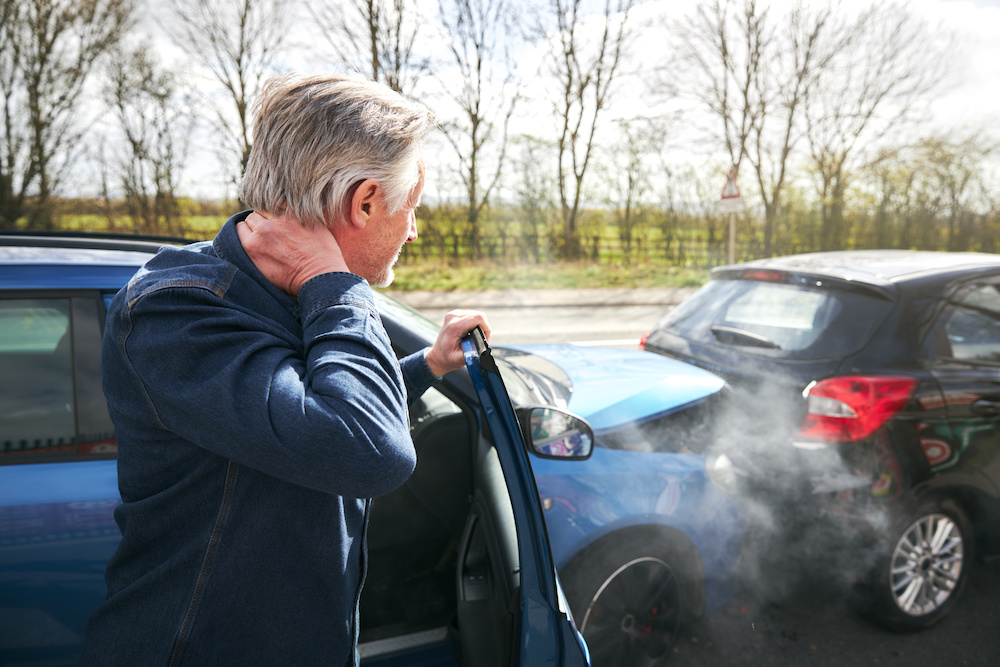
What Happens if the At-Fault Driver Has No Car Insurance?
If you get into an accident and the at-fault driver doesn’t have insurance, you might need to rely on your
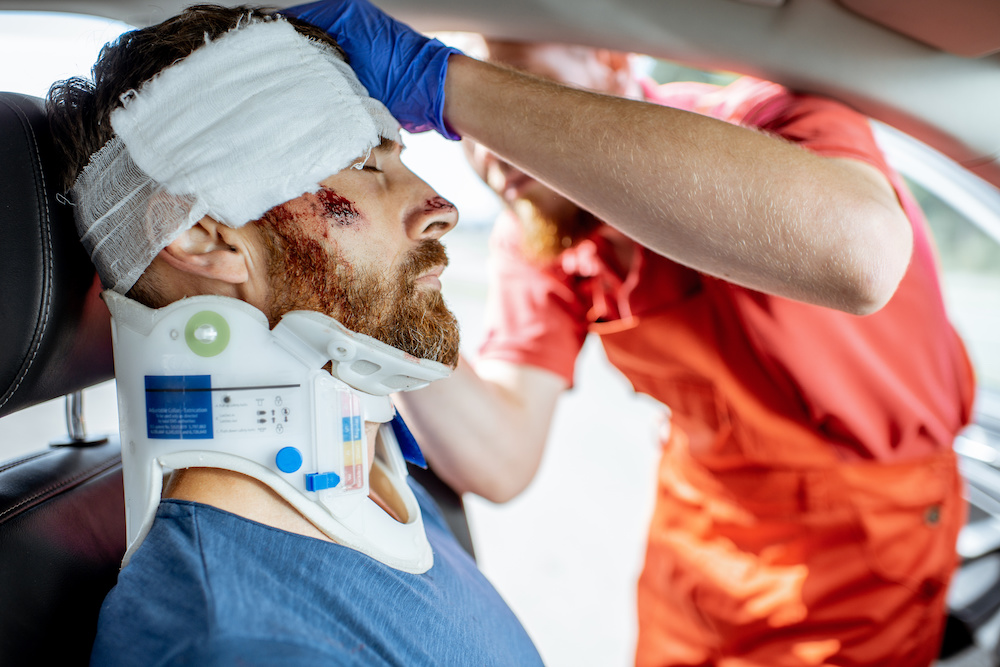
What Type of Doctor Should You See After a Car Accident?
After a car accident, figuring out what to do next can feel overwhelming. Fortunately, there are several types of doctors
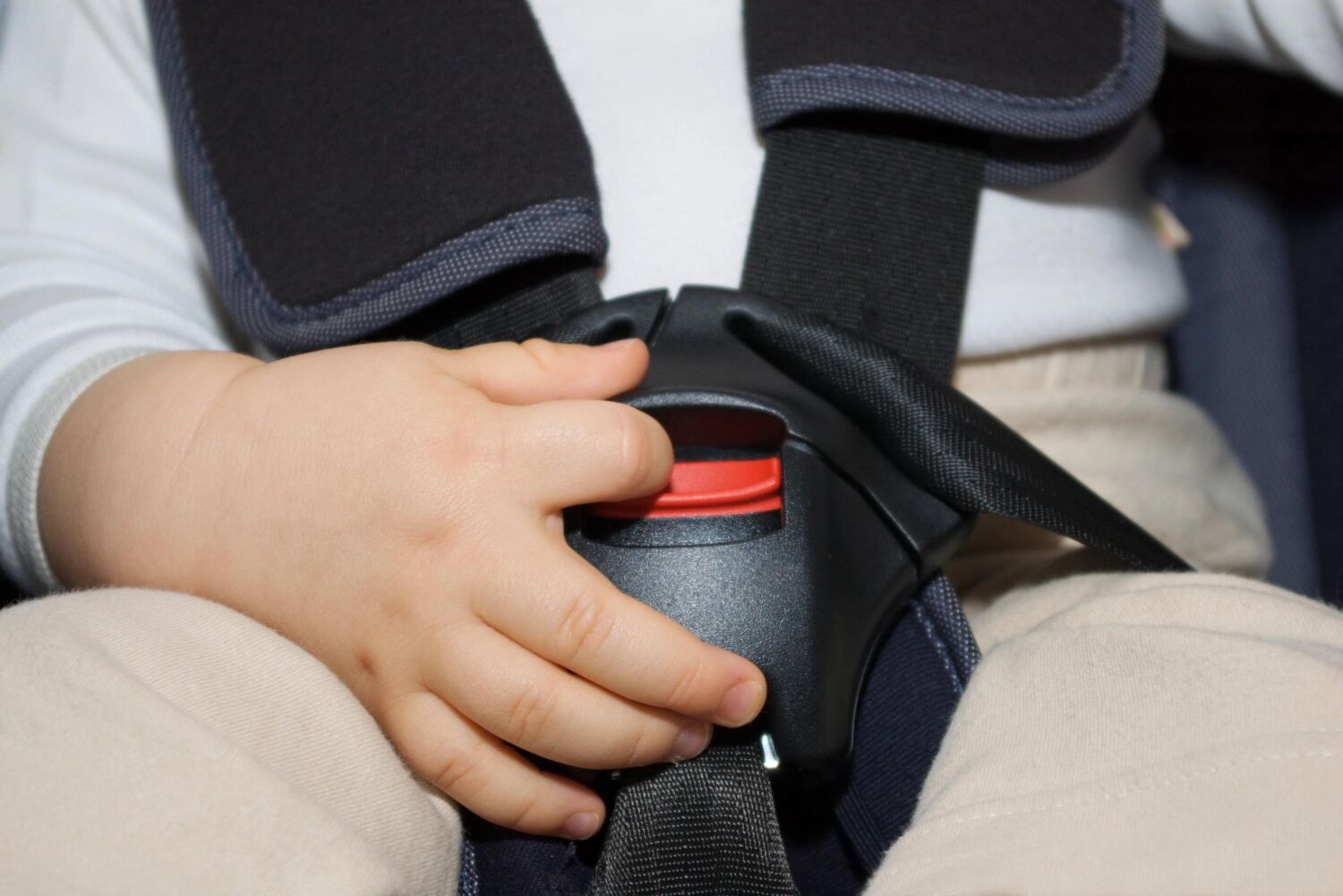
Arkansas Car Seat & Booster Seat Laws
As a parent in Arkansas, keeping your child safe on the road is one of your top priorities. Every time

Are Car Accident Settlements Taxable in Arkansas?
In Arkansas, some components of a settlement are typically not taxable (for example, property damage, medical care costs, or physical
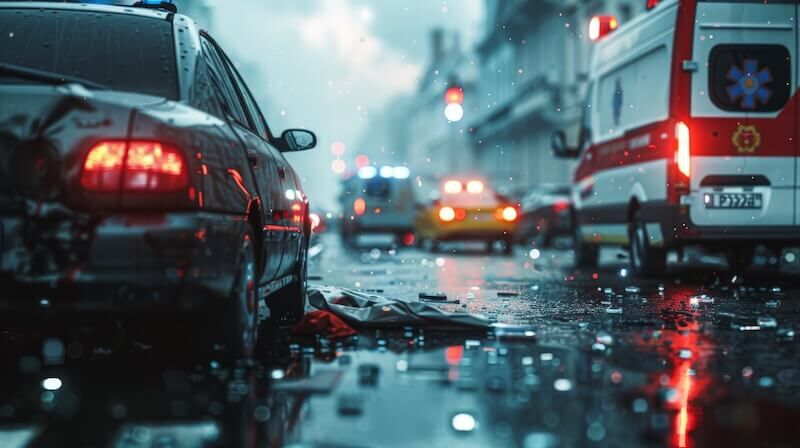
Little Rock Drunk Driving Accident Victim Lawyers
If you're injured in a drunk driving accident in Little Rock, a knowledgeable Arkansas DUI accident attorney can help you
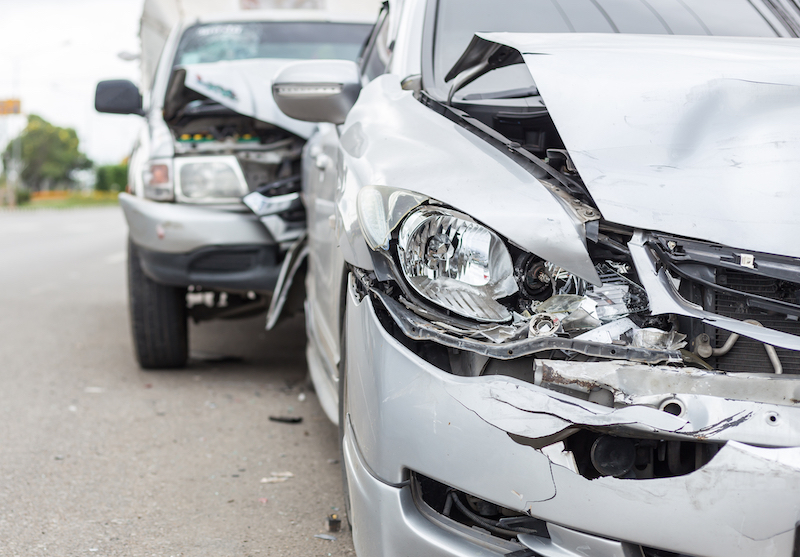
What Are the Odds of Getting Into a Car Crash in Arkansas?
While the exact numbers vary based on factors like age, driving behavior, and density of traffic, a recent study found

Can a Closed Car Insurance Claim Be Reopened?
While reopening a closed claim isn’t impossible, it’s often an uphill battle. Our team at Rainwater, Holt & Sexton is
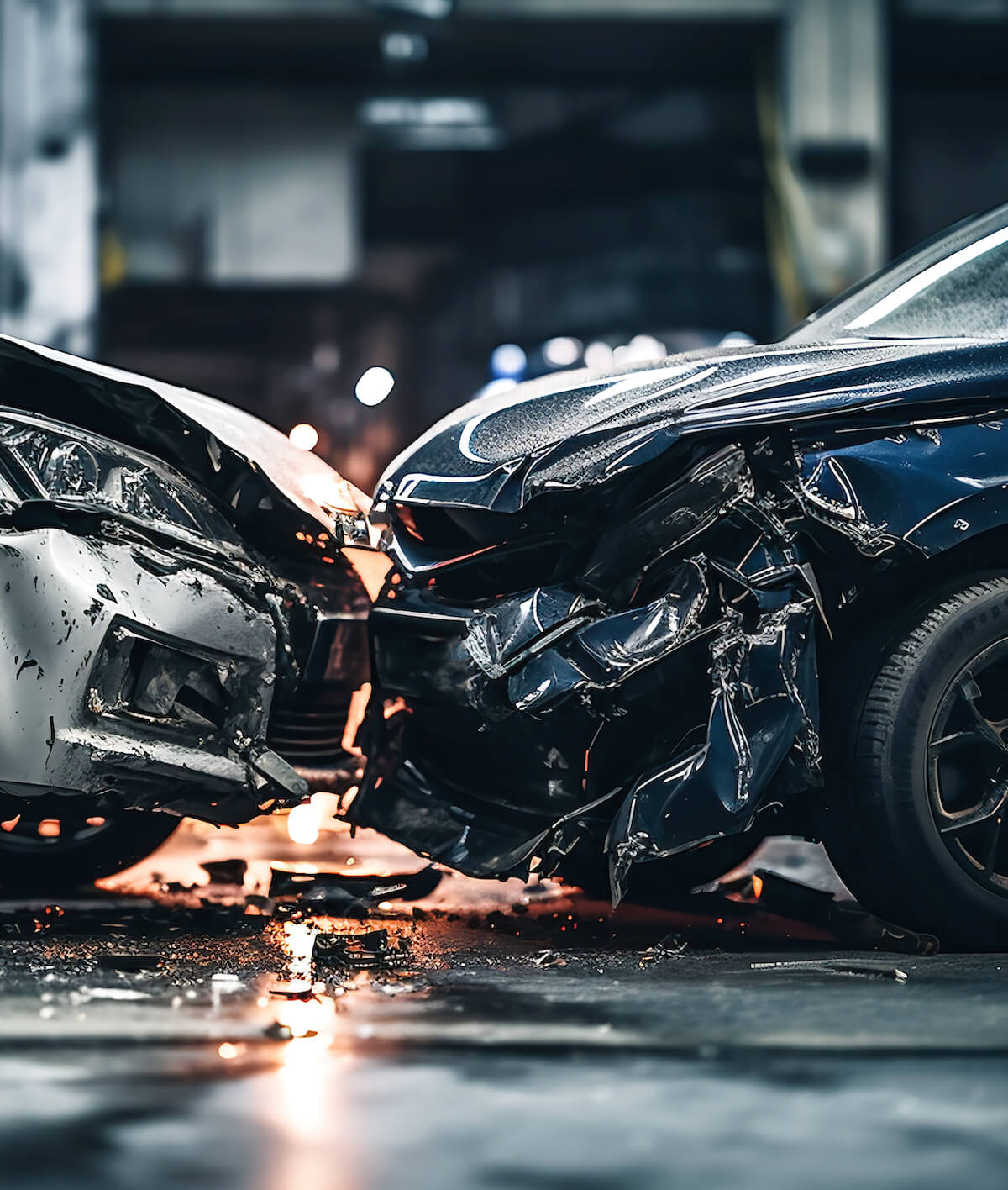
What Is a Head-On Collision?
A head-on collision occurs when the front ends of two vehicles traveling in opposite directions collide. While head-on crashes are

Do I Need a Lawyer for My Drunk Driving Accident Injury?
If you’ve been injured in a drunk driving accident, we’re here to help. We know that the days after a DUI
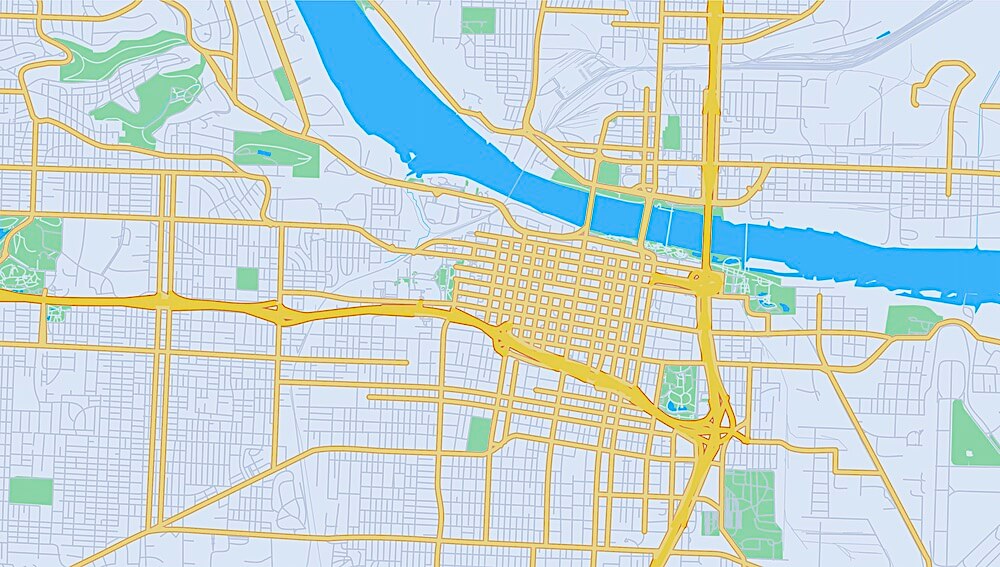
Where Do Most Car Crashes Happen in Arkansas?
Busy intersections, parking lots, and even rarely traveled rural roads — these are all locations in Arkansas where accidents frequently
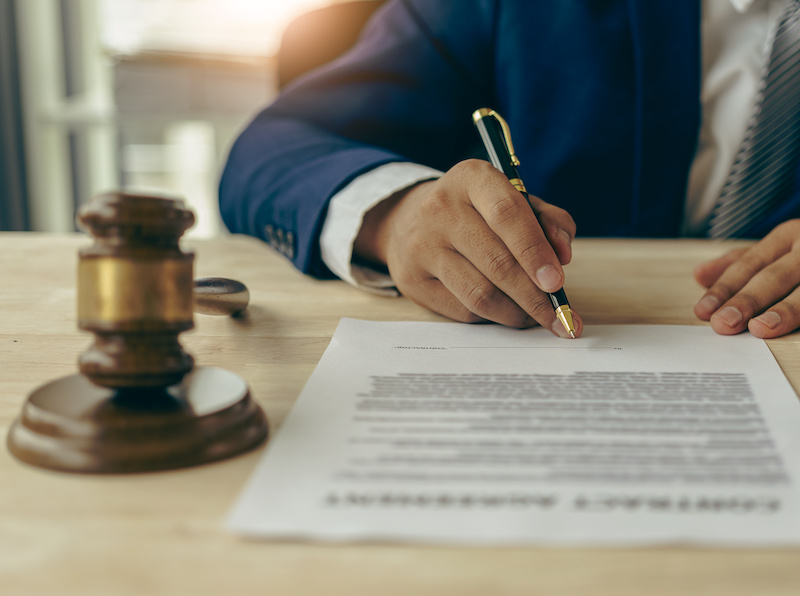
How Does the Car Accident Settlement Process Work?
Depending on factors like the severity of your injuries, the complexity of your case, and the timeline of insurance negotiations,

What Exactly Does a Truck Accident Lawyer Do?
If you’ve been in a collision with a truck, a truck accident lawyer can guide you through your legal options,

What Does a Motorcycle Accident Lawyer Do?
If you’ve been in a motorcycle accident, a motorcycle accident lawyer can advocate for your rights, guide you through the

Should I Get a Lawyer for a Minor Car Accident?
While most people try to handle minor accidents on their own, it can still be advantageous to hire a car

Understanding Vehicle Rollovers: A Comprehensive Guide
Rollover accidents can be severe and complex — drivers must understand how they can happen, how to avoid them, and

